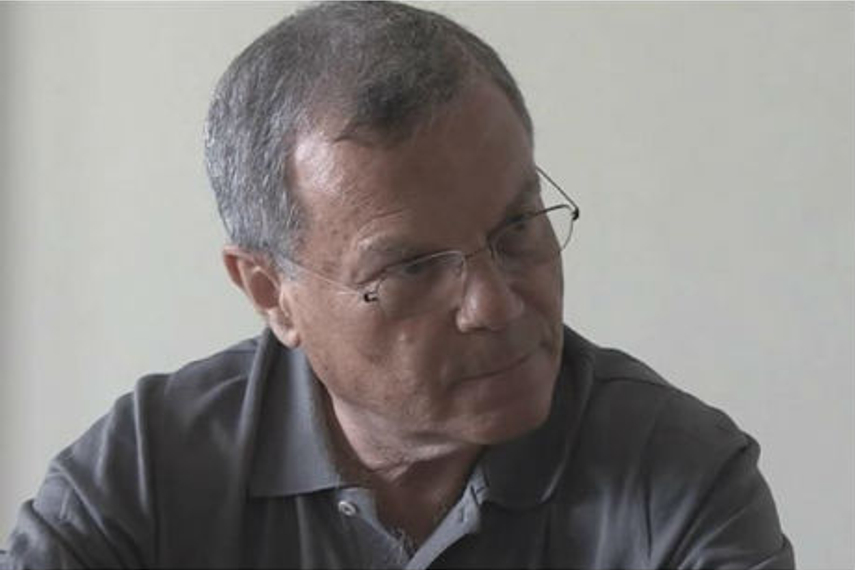
Please sign in or register
Existing users sign in here
Having trouble signing in?
Contact Customer Support at
[email protected]
or call+91 022 69047500
WPP's CEO contemplates the scope of churn among brands

Contact Customer Support at
[email protected]
or call+91 022 69047500
Top news, insights and analysis every weekday
Sign up for Campaign Bulletins
Four agency brands, Interface, Kinnect, Neo, and Ulka, to come under its newly launched unified agency identity.
Brands are increasingly exploring the lucrative potential of advertising in space, with companies like StartRocket pursuing orbital billboards while others opt for more environmentally friendly near-space marketing alternatives.
Omnicom, however, saw organic revenue decline across more than half of its business sectors including PR and healthcare.
iOS generates 55% of total in-app purchase (IAP) revenue moving ahead of Android in 2024, finds Moloco Research.